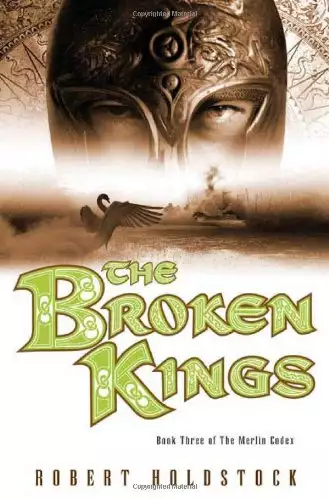Chapter One
We hope you are enjoying the book so far. To continue reading...
The Broken Kings
Robert Holdstock
Copyright © 2026 All Rights Reserved
Close
